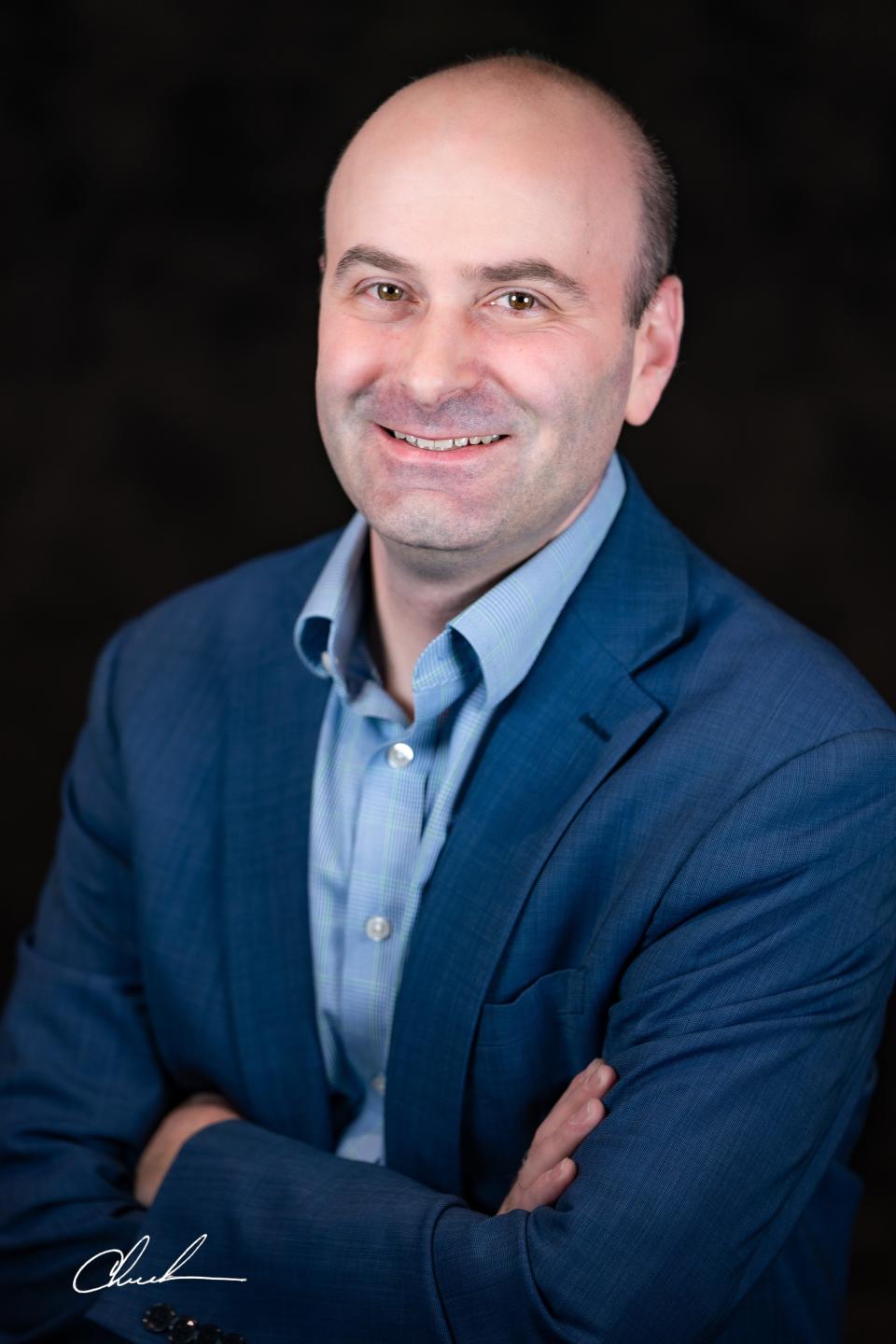Why I’m not watching the soccer World Cup this year
As an Englishman, to quote Ted Lasso’s Dani Rojas, “football is life,” and the World Cup is a global festival where we all get to celebrate together once every four years.
I can still picture the duvet cover, which I loved, celebrating the Mexico 1986 tournament. I remember the devastating news when England was beaten by West Germany on penalty kicks in 1990. And just four years ago, here at Temple Shir Tikva, we watched the England semifinal while beginning our planning for the High Holy Days.
The World Cup is a sporting event that I look forward to, that I enjoy, and that I try to watch as much as possible. But this year I will not watch, and we have canceled the watch party we had planned as a social event at the temple.

When Qatar was announced back in 2010 as host for this year’s World Cup, there were immediately questions about the fairness of the voting process, with accusations of bribery soon coming to the surface. And then there were the practicalities of how a summer World Cup could take place in the Middle East, under what would inevitably be unbearable hot conditions for up to 90 minutes of sporting exertion at a time.
But in 2010, it seemed a long way off; FIFA (world soccer’s governing body) would have 12 years to work it out.
For soccer fans who have followed the process, there have been many twists and turns along the way that led us to today’s opening World Cup match. We’re still in Qatar, but we have the first fall World Cup, avoiding the hottest months of the year.
Allegations of impropriety and a fall World Cup are not, on their own, reasons to skip what is a highlight of the sporting calendar, especially one that only takes place every four years. However, reports of modern-day slavery and the exploitation of migrant workers in the building of sports stadia, alongside discriminatory laws against the LGBTQ+ community, are the reasons I will not watch this year.
In 2013, Amnesty International published a report entitled "The Dark Side of Migration" that examined Qatar’s construction sector ahead of the World Cup. It described abuses against migrant workers as being “grim,” and taking place “against a backdrop of discriminatory attitudes against many categories of migrant workers.”
Since then, there have been multiple reports from various agencies and media outlets about ongoing abuses despite reforms of the migrant worker system. And just six months ago, a letter was sent to FIFA calling on it to work with Qatar to remedy and compensate workers for the abuses and loss of life that took place.
As a religious leader, I cannot ignore the Biblical call from God: “And you shall not oppress a stranger, because you know the heart of a stranger, because you were strangers in the Land of Egypt.” (Exodus 23:9). The Biblical slavery experience calls on us to be vigilant in opposing slavery, exploitation and abuse wherever we might find it. We cannot ignore the fact that the stadia in which the World Cup will be taking place were built on the backs of exploited migrant workers.
And then there is the status of the LGBTQ+ community in Qatar and what that means for soccer players and fans who might attend the game. Homosexuality remains a crime in the host country, and that clearly has an impact on who can and cannot attend this global event. A World Cup ambassador, Khalid Salman, told a German broadcaster that homosexuality is “damage in the mind” and “harmful and unacceptable.” This is the backdrop against which competition will take place.
There have been repeated calls on FIFA to ensure that members of the LGBTQ+ community are protected from discrimination and harassment if they choose to attend the World Cup. And a number of protests have taken place and are planned as a way of drawing attention to this issue.
But FIFA has remained largely silent, seeking to sweep everything under the carpet. At the beginning of the month, it wrote to the 32 international soccer federations asking them to “focus on the football,” and to avoid “handing out moral lessons.”
In the face of discrimination, we cannot remain silent. And I, for one, cannot focus on the soccer knowing that lives were lost so that stadia could be built, that workers were essentially enslaved to build the infrastructure, and that not everyone can watch the World Cup freely and openly.
I love soccer and I have a timeline of World Cup memories, starting when I was 7 years old. But there will be a gap in 2022. FIFA appears to be unmoved in the face of modern-day slavery and discrimination. But the Bible is unequivocal, we must always pursue justice (Deuteronomy 16:20) – and it is clearly lacking with this World Cup. So I am writing these words to draw attention to the issues that really need our focus, because it certainly isn’t the soccer.
Rabbi Danny Burkeman is the senior rabbi at Temple Shir Tikva in Wayland.
This article originally appeared on MetroWest Daily News: Wayland rabbi Danny Burkeman says World Cup tainted by Qatar policies

